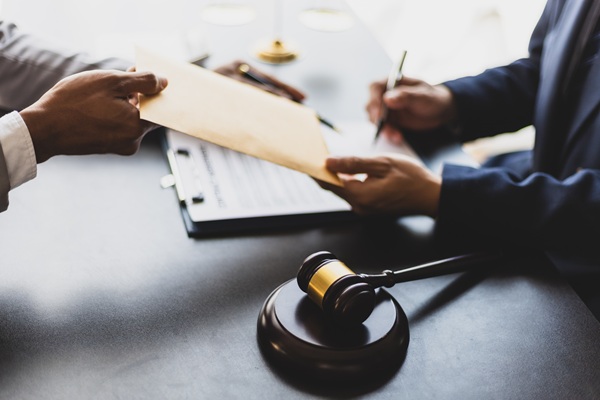Expunging a First-Offense DWI Conviction in MO

If you have been convicted of a DWI in Missouri, you may be worried that it will follow you for the rest of your life. However, you may be eligible to expunge your first offense conviction. An expungement will clear the conviction from your records, allowing you to break free of your past. Learn more about expunging your first-offense DWI and see if you are eligible.
How to expunge a DWI conviction
Missouri only allows expungement for a first offense DWI conviction. People can only expunge a conviction once, and only some people qualify. Those who need help can hire an attorney.
Criteria for expungement
People must wait a minimum of 10 years before getting a DWI expunged in Missouri. It must be a first offense DWI, and the conviction must have been for a misdemeanor. Expungement is only available when the conviction did not involve a commercial vehicle. Also, the petitioner cannot have any other alcohol-related convictions or pending charges.
The process to get an expungement
Those who qualify must file a petition to expunge the DWI. The Missouri Director of Revenue must be named a party to the petition, and the petition must be filed at the court that convicted the person. Most people must pay a $250 fee when filling the paperwork. However, lower-income individuals might get the fee waived.
The hearing
The state has 30 days to file an objection to the petition for expungement. If the state does not object, the court will hold a hearing. All hearings for expungement take place within 60 days of the petition. During the hearing, the judge will ask if the petitioner has experienced any additional police contacts or legal trouble regarding driving under the influence. Proof might be required, so many people hire a DWI attorney to represent them.
Length of the process
It can take up to a year to get an expungement approved. Once the process is approved, the petitioner begins enjoying the benefits. Since expungement effectively erases the conviction, people can swear under oath that they have not been convicted of a DWI. Also, people do not have to disclose the conviction on applications for jobs, housing, and more. Those who do get an expungement should avoid getting a second conviction since that cannot be expunged.
Getting help for a DWI conviction
If you have been convicted of a DWI, you might be a good candidate for expungement. The process might be time-consuming, but it is well worth it when you finally get the conviction off your record. Since there is a hearing, it is wise to consult with an attorney before moving forward. Your attorney can help you navigate the process so you can finally be out from under your conviction.
Call us at (417) 865-2181 for more information from Dean Price Law or to schedule a consultation in our office in Springfield.
NOTE: This is for informational purposes only and does not constitute legal advice.
Check out what others are saying about our services on Yelp: Read our Yelp reviews.
Recent Posts
It is sometimes possible to challenge trial outcomes in Missouri by filing an appeal. However, appeals are handled differently from initial trials, as they focus on identifying and correcting legal errors rather than re-examining facts. A criminal appeals attorney provides essential support by identifying valid grounds for appeal, adhering to strict timelines, and advocating for…
A drug possession lawyer can provide essential protection for clients facing their first offense. Not only do these Missouri lawyers fight to protect constitutional rights, but they also work to ensure that opportunities for second chances remain accessible. With the support of an attorney, those facing charges can navigate the legal system with confidence, pursue…
A DUI defense attorney can provide legal guidance and representation following a charge for impaired driving. This charge is officially referred to as driving while intoxicated (DWI) in Missouri, although it is more commonly known as driving under the influence (DUI). Regardless of what you call it, early action and preparation play a major role…
A traffic offense lawyer provides strong legal support to help protect both your rights and driving record. These Missouri lawyers help clarify options and create a sense of direction from the very beginning, fighting against points, fines, and license restrictions. That is why hiring legal counsel results in a smoother, more favorable experience overall —…


